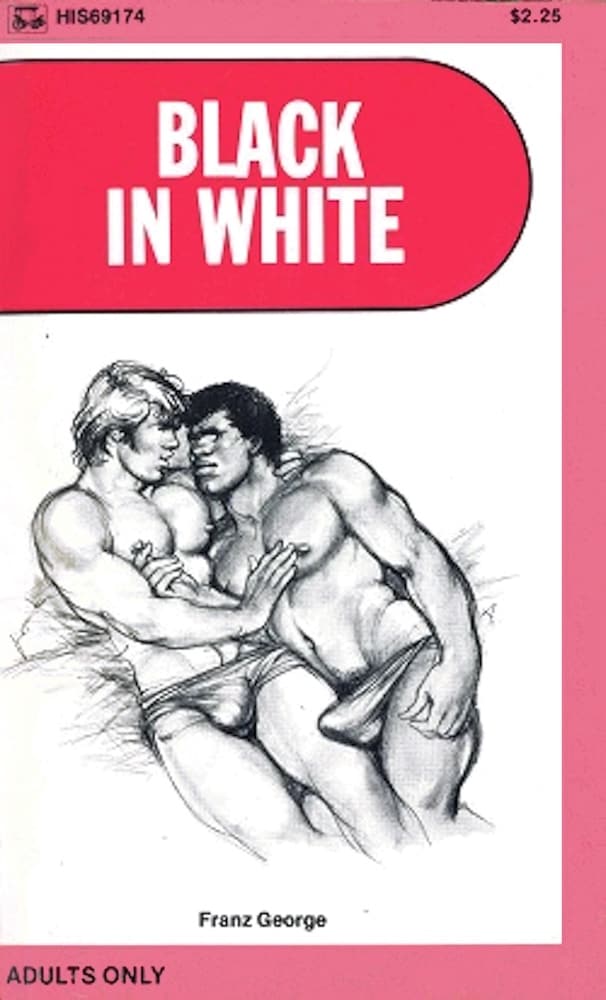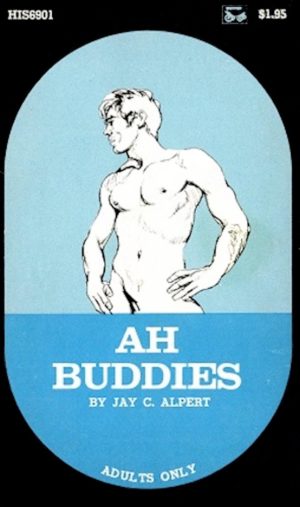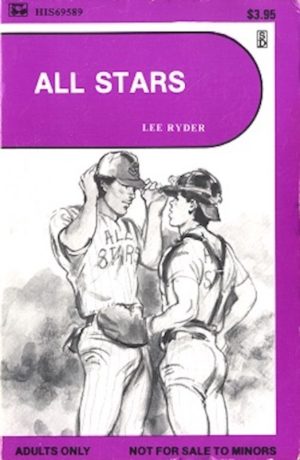HIS69-174 Black in White
Black in White
HIS69
HIS69-174
Franz George
$2.25
Related products
FOREWORD
Several scholarly studies have appeared recently which re-examine the South’s “Peculiar Institution” of slavery. These studies have shown that slavery was neither as bad or as good as it was portrayed by the various propagandists of the Civil War period of American History. Slaves were rarely tortured or worked to death—they were too valuable. Nor were they treated with the dignity that humanity requires. The best analogy that I can draw is between slaves then and automobiles now. Some were treasured and pampered for their superior quality. Others were as neglected as the family car. The key element in understanding slavery is that it was not so much a racial institution as an economic one.
The chief opposition to the abolishment of slavery was economic. Slaves were literally the working capital of the middle and upper classes of the South. Suppose that you own a dry cleaning shop and the federal government decides in its wisdom that it is immoral for people to dry clean their clothes and proposes to tear down your shop without giving you a cent of payment for your losses. Could you be enthusiastic about the abolishment of dry cleaning? Many Southerners were in fact in favor of the abolishment of slavery over a period of time with government reimbursement for their financial losses and with provision for the training and education of the slaves which would provide them with means to support themselves. It was just this plan which was implemented in England and the possessions of the English Empire.
Another aspect of the tangled institution of slavery which has recently been studied is the fact that many slaves were the off-spring of their owners—they were literally his children. Even that great American patriot and zealous advocate of the freedom of man, Thomas Jefferson, owned his own black children as slaves. The historian Fawn Brodie has described Jefferson’s long standing relationship with his slave mistress, Sally Hemmings, and has recorded the fact that their children were considered and treated as slaves by their great father even after he was elected president of the United States.
What was the emotional reality of these relationships? How could a young white man behave toward a black man who was not merely his brother under the skin, but was literally his half-brother? What ties of love cut across the cruel barriers of race and slavery? Why did many “free men of color” fight for the South during the Civil War? Why did many areas of the South refuse to join in the battle against the North? We will probably never know the answers, but this book makes an attempt to explore the possibilities and bring them to life for us to judge and see for ourselves.




Reviews
There are no reviews yet.